Kumar Satvik Chaudhary
EssayCBM: Rubric-Aligned Concept Bottleneck Models for Transparent Essay Grading
Dec 23, 2025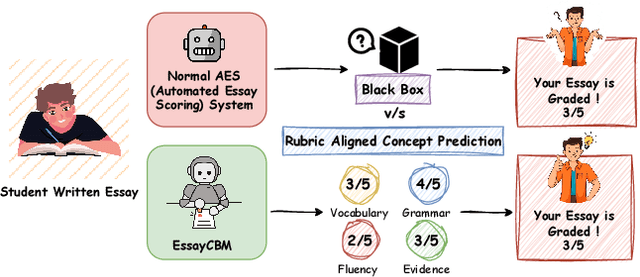

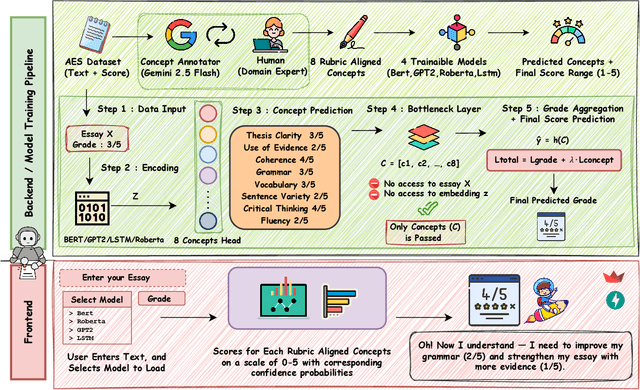
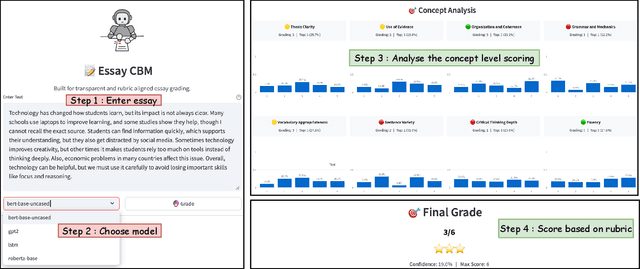
Abstract:Understanding how automated grading systems evaluate essays remains a significant challenge for educators and students, especially when large language models function as black boxes. We introduce EssayCBM, a rubric-aligned framework that prioritizes interpretability in essay assessment. Instead of predicting grades directly from text, EssayCBM evaluates eight writing concepts, such as Thesis Clarity and Evidence Use, through dedicated prediction heads on an encoder. These concept scores form a transparent bottleneck, and a lightweight network computes the final grade using only concepts. Instructors can adjust concept predictions and instantly view the updated grade, enabling accountable human-in-the-loop evaluation. EssayCBM matches black-box performance while offering actionable, concept-level feedback through an intuitive web interface.
CyberBOT: Towards Reliable Cybersecurity Education via Ontology-Grounded Retrieval Augmented Generation
Apr 01, 2025
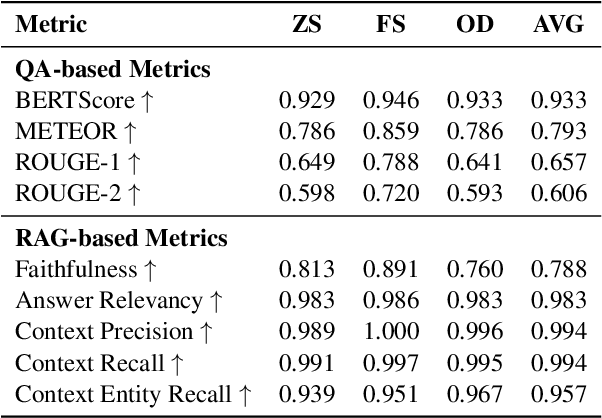
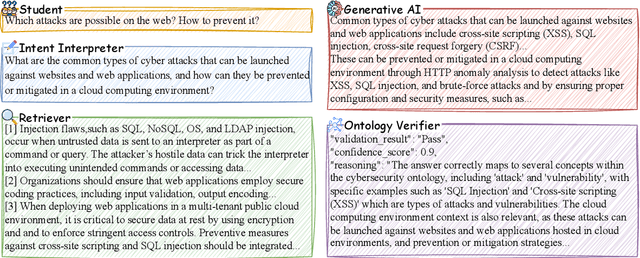
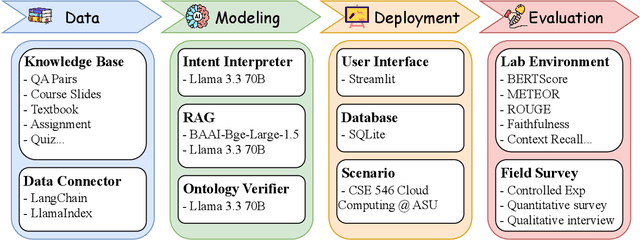
Abstract:Advancements in large language models (LLMs) have enabled the development of intelligent educational tools that support inquiry-based learning across technical domains. In cybersecurity education, where accuracy and safety are paramount, systems must go beyond surface-level relevance to provide information that is both trustworthy and domain-appropriate. To address this challenge, we introduce CyberBOT, a question-answering chatbot that leverages a retrieval-augmented generation (RAG) pipeline to incorporate contextual information from course-specific materials and validate responses using a domain-specific cybersecurity ontology. The ontology serves as a structured reasoning layer that constrains and verifies LLM-generated answers, reducing the risk of misleading or unsafe guidance. CyberBOT has been deployed in a large graduate-level course at Arizona State University (ASU), where more than one hundred students actively engage with the system through a dedicated web-based platform. Computational evaluations in lab environments highlight the potential capacity of CyberBOT, and a forthcoming field study will evaluate its pedagogical impact. By integrating structured domain reasoning with modern generative capabilities, CyberBOT illustrates a promising direction for developing reliable and curriculum-aligned AI applications in specialized educational contexts.
SMoA: Improving Multi-agent Large Language Models with Sparse Mixture-of-Agents
Nov 05, 2024



Abstract:While multi-agent systems have been shown to significantly enhance the performance of Large Language Models (LLMs) across various tasks and applications, the dense interaction between scaling agents potentially hampers their efficiency and diversity. To address these challenges, we draw inspiration from the sparse mixture-of-agents (SMoE) and propose a sparse mixture-of-agents (SMoA) framework to improve the efficiency and diversity of multi-agent LLMs. Unlike completely connected structures, SMoA introduces novel Response Selection and Early Stopping mechanisms to sparsify information flows among individual LLM agents, striking a balance between performance and efficiency. Additionally, inspired by the expert diversity principle in SMoE frameworks for workload balance between experts, we assign distinct role descriptions to each LLM agent, fostering diverse and divergent thinking. Extensive experiments on reasoning, alignment, and fairness benchmarks demonstrate that SMoA achieves performance comparable to traditional mixture-of-agents approaches but with significantly lower computational costs. Further analysis reveals that SMoA is more stable, has a greater capacity to scale, and offers considerable potential through hyper-parameter optimization. Code and data will be available at: https://github.com/David-Li0406/SMoA.
 Add to Chrome
Add to Chrome Add to Firefox
Add to Firefox Add to Edge
Add to Edge